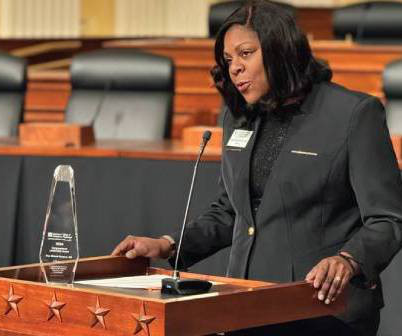SGEM#445: Why Can’t We Be Friends – Conflict in Emergency Medicine
The Skeptics' Guide to EM
JULY 6, 2024
Case: A 71-year-old patient with a history of hypertension and well-controlled diabetes mellitus without organ involvement presents with left lower abdominal pain, afebrile, blood pressure 138/70 mm Hg, heart rate 82 beats per minute, and oxygen saturation on room air 99%. These conflicts can ultimately lead to moral injury [1,2,3].


















Let's personalize your content